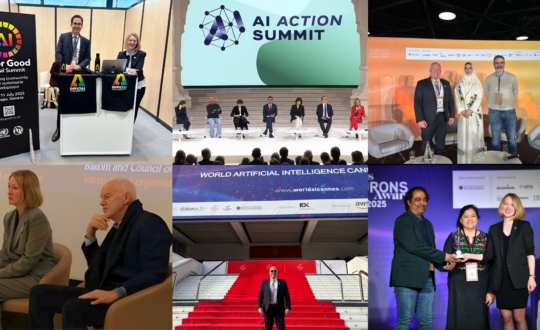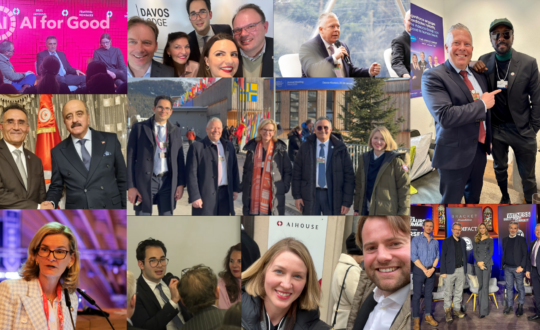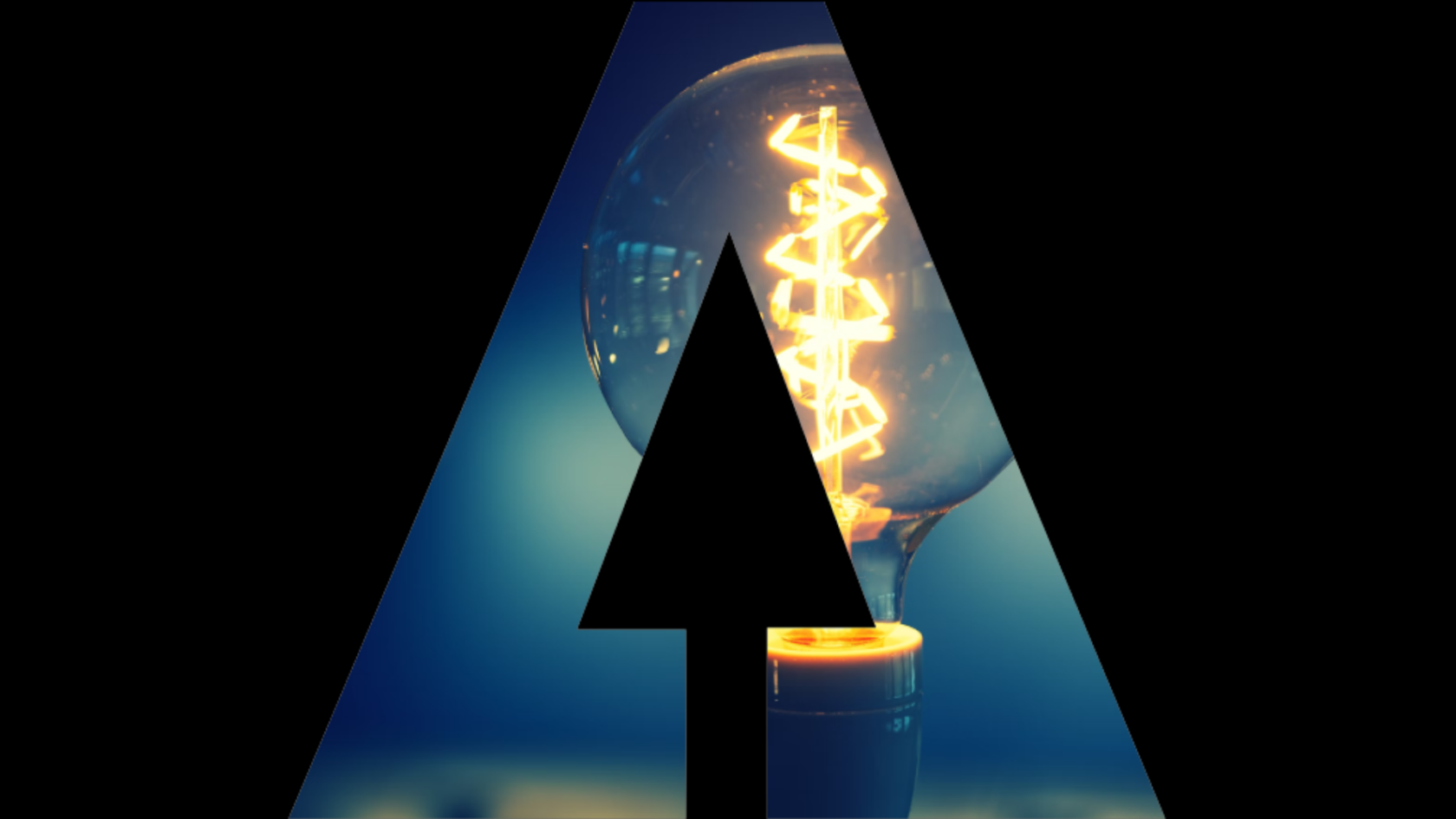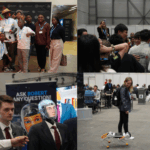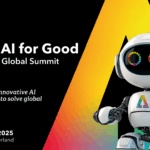
1. AI for Good launching Young AI Leaders Community
As the world embraces the rapid evolution of AI, one critical question arises: How do we ensure that youth are not just included, but are central to the conversation on AI? Where can they find a platform to be heard? Where can they lead initiatives and contribute to global conversations that shape the future of technology and society?
At AI for Good Impact India, we announced the launch of the Young AI Leaders community, an innovative initiative designed to empower young people to lead the charge in shaping the future of AI. This community provides a global platform where young AI leaders can mobilize their peers, develop and showcase AI-driven solutions, and directly contribute to the achievement of the UN SDGs. By placing youth at the heart of AI development, we aim to cultivate the next generation of innovators who will not only be at the forefront of technology but will also address some of the world’s most pressing challenges.
The Young AI Leaders community is more than just a network, it’s a movement that drives meaningful change. Our mission is to equip young leaders with the resources, mentorship, and opportunities they need to spearhead AI projects that impact both their local communities and the world.
Want to make a difference? Become part of this powerful movement by applying to establish an AI hub in your region and lead your community as a Hub Leader.
Requirements to Become a Hub Leader:
- Age: You must be between 18 and 30 years old.
- Location: You must reside in the city or country where your hub will be based and commit to growing your community to a maximum of 30 members.
- Expertise: You must have a solid understanding of the AI landscape and how technology-driven solutions create impact.
- Commitment: The role is a two-year engagement, during which you will actively participate in and lead initiatives.
Applications are now open until December 1, 2024. This is your opportunity to take the lead, inspire others, and contribute to a global AI movement that ensures the technology of tomorrow benefits everyone, everywhere.
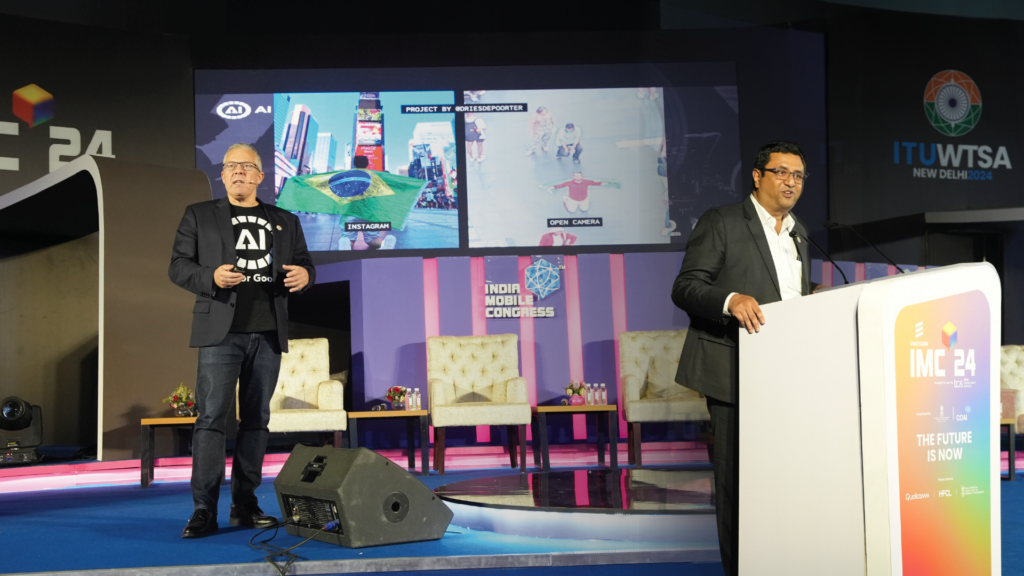
2. Launching AI for Good x Deloitte Impact Report
During the AI for Good Global Summit 2024, we proudly introduced a significant collaboration between ITU AI for Good and Deloitte on a groundbreaking report aimed at accelerating the United Nations Sustainable Development Goals (SDGs). Frederic Werner, Chief of Strategy and Operations at AI for Good (TSB, ITU), and Sreeram Ananthasayanam, Partner at Deloitte India, officially announced the publication of this report during AI for Good Impact India in New Delhi.
AI is already driving advancements in critical areas such as healthcare, education, climate change, and accessibility, contributing to nearly 400 UN projects worldwide. The report also provides a blueprint for AI action, outlining specific strategies to address each of the 17 SDGs. This blueprint is designed as a practical guide for policymakers, NGOs, and industry leaders, offering concrete steps to leverage AI in accelerating SDG progress while addressing potential risks.
The collaboration between AI for Good and Deloitte brings together AI for Good’s innovative platform, which draws on solutions from across the United Nations, and Deloitte’s extensive research capabilities. This combination creates a powerful resource to advance the SDGs, offering actionable insights for global leaders to harness AI’s potential effectively.
The AI for Good Impact Report is now available and will soon be accessible in six languages, further broadening its global reach and ensuring that its recommendations can be implemented across diverse regions.

3. AI Skills Coalition: Bridging the AI Skills Gap for a More Inclusive Future
As AI continues to reshape industries worldwide, a significant challenge is emerging: the growing global AI skills gap. According to a study, 97% of organizations have adopted AI technologies, with reported benefits including reduced human error, improved productivity, and enhanced customer service (Pluralsight). While these advancements showcase the potential of AI, they also highlight the pressing need for a workforce equipped to manage and implement these technologies effectively.
This growing skills gap threatens not only to hinder technological progress but also to deepen existing inequalities, particularly in developing and least developed countries. To address this urgent need, the AI for Good initiative, in partnership with the United Nations Development Programme (UNDP) has launched the AI Skills Coalition. This ambitious project is dedicated to democratizing AI knowledge, ensuring that everyone, regardless of their background, has access to the skills necessary to thrive in an AI-powered world.

4. AI for Good Impact Initiative AI Steering Committee
During AI for Good Impact India on October 18th in New Delhi, Ebtesam Almazrouei, Chair of the AI for Good Impact Initiative, announced the results of the AI Steering Committee’s call for applications, with 200 submissions received. These applications will be reviewed over the coming months as part of the committee’s strategic efforts to accelerate progress toward the UN Sustainable Development Goals (SDGs). This review process will lead to the selection of a diverse group of 8-10 members, balanced in terms of gender, geography, and expertise, who will serve for two years, with the possibility of a two-year extension.
The AI Steering Committee is responsible for developing a comprehensive strategic framework to guide funding and project milestones through 2030, ensuring alignment with the SDGs and the initiative’s broader objectives. Its core duties include evaluating project proposals based on their scalability and technical innovation, offering advanced AI guidance, and selecting projects that make the most practical and impactful contributions to addressing global challenges.
Committee members will actively shape research by defining key AI challenges linked to the SDGs and assessing proposed solutions based on their technical merit, scalability, and real-world impact. These selected members will contribute in their personal capacities, bringing a wide range of expertise, and will meet regularly to provide ongoing strategic direction.
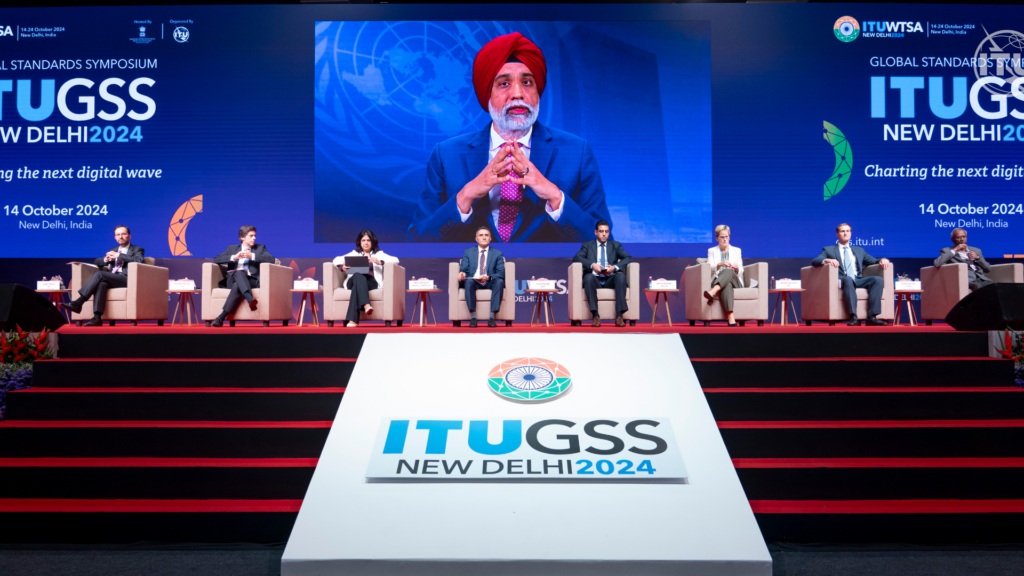
5. AI Standards Summit: Paving the Way for Inclusive and Sustainable AI Development
On World Standards Day, leading global experts gathered in New Delhi for the first part of the International AI Standards Summit, during the Fifth Global Standards Symposium (GSS-24). Setting the stage for the World Telecommunication Standardization Assembly (WTSA), the event marked an important moment in the ongoing global dialogue on the role of international standards in shaping AI.
The AI Standards Summit’s first session brought together key stakeholders representing leading standards development organizations, including ISO – International Organization for Standardization, IEC (International Electrotechnical Commission), ICANN, ETSI, IEEE, IETF , and TSDSI, under the moderation of Dr. Bilel Jamoussi, Deputy Director of the International Telecommunication Union Telecommunication Standardization Bureau. The panel addressed three critical themes: the need for stakeholder dialogue, aligning AI standards with sustainable development goals, and identifying emerging trends in AI standardization.






